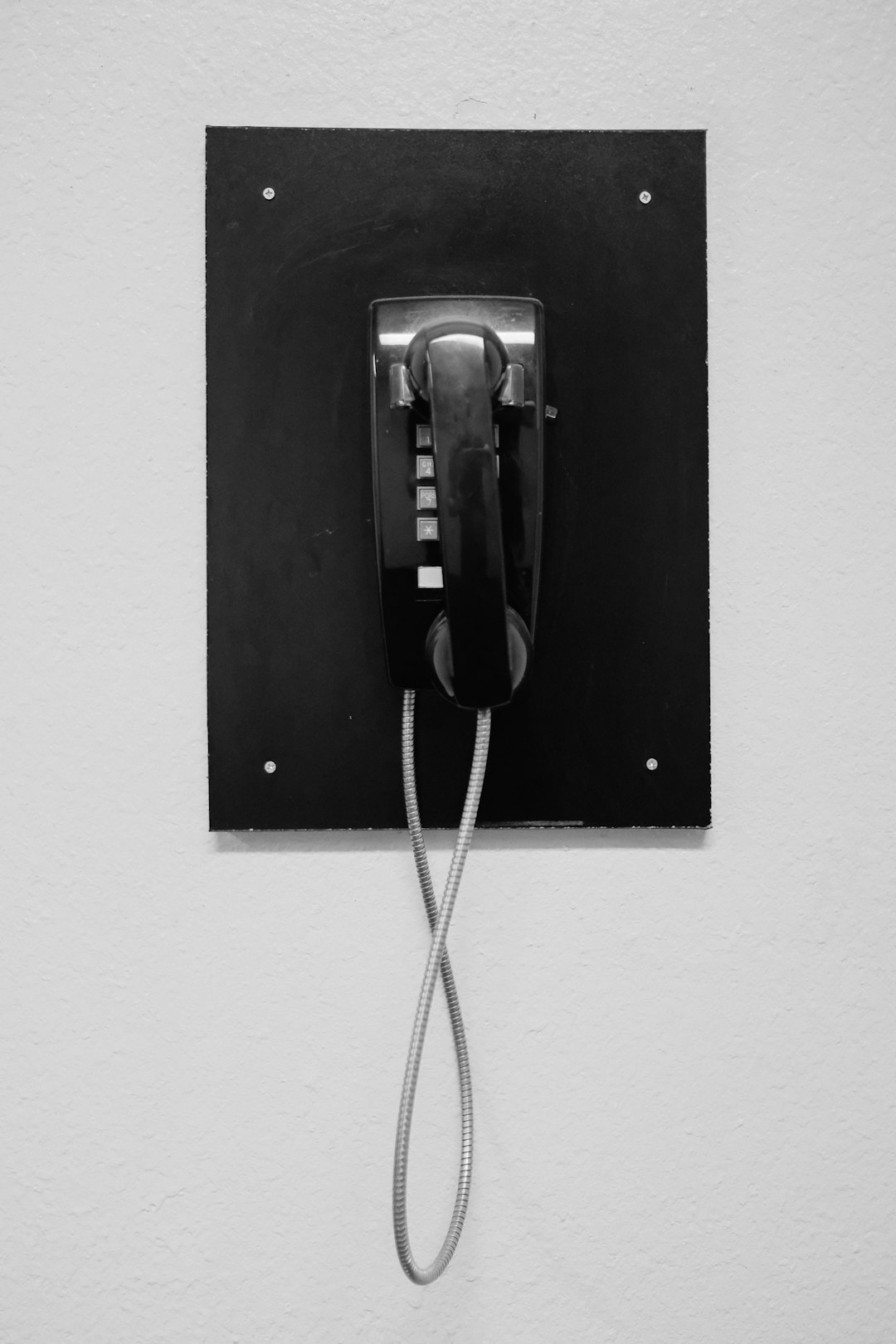Madison's "No Call" laws protect residents from unwanted telemarketing by setting strict consent requirements for businesses. Lawyer specializing in No Call Laws Wisconsin offer guidance on consent acquisition, call records management, and penalties. Technology like automated caller ID and data analytics platforms revolutionize compliance, empowering specialists to defend clients within legal boundaries. Automation of Do-Not-Call lists and AI-driven call screening systems enhance efficiency and protect consumers' rights under Madison's regulations. Future enforcement includes AI analysis for suspicious patterns, emphasizing the importance of consulting a Wisconsin No Call Law lawyer.
In Wisconsin, “No Call” laws protect residents from unwanted telemarketing calls. As regulations evolve, so do the tactics employed by scammers. This article explores the transformative role of technology in ensuring compliance with Madison’s No Call Laws. We delve into effective monitoring tools, automated list management, AI-driven call screening, and the promising future of no-call law enforcement. For Wisconsin residents seeking protection, understanding these innovations is crucial, especially when consulting a lawyer for No Call Laws.
Understanding Madison's No Call Laws

Madison, Wisconsin’s “No Call” laws are designed to protect residents from unwanted telemarketing calls and sales pitches. These regulations strictly limit when businesses can contact consumers by phone, aiming to prevent harassment and ensure citizens’ peace of mind. The rules stipulate that companies must obtain explicit consent before dialing, with specific exemptions for non-profit organizations and certain types of government messages.
Knowing and adhering to these laws is crucial for businesses operating in Wisconsin. A lawyer specializing in No Call Laws Wisconsin can provide guidance on obtaining the necessary consents, managing call records, and avoiding penalties. They help ensure that companies respect individual privacy while effectively communicating with potential customers, fostering a harmonious business-consumer relationship within the legal framework.
Technology Tools for Compliance Monitoring

In today’s digital era, technology plays a pivotal role in ensuring compliance with Madison’s No Call Laws. Advanced tools like automated caller ID systems and robocall detection software help lawyers and businesses identify and block unauthorized calls effectively. These technologies can analyze call patterns, detect potential violators, and even flag suspicious activities in real-time, significantly enhancing the monitoring process.
Additionally, data analytics platforms equipped with machine learning capabilities enable precise tracking of call records, helping to distinguish between legitimate business calls and prohibited marketing calls. This not only streamlines compliance procedures but also empowers lawyers specializing in No Call Laws Wisconsin to provide robust defense strategies for their clients, ensuring they remain within the legal boundaries set by Madison’s regulations.
Automating Do-Not-Call List Management

In today’s digital era, technology plays a pivotal role in ensuring compliance with Madison’s No Call Laws. One of the most significant advancements is the automation of Do-Not-Call list management. This process involves seamlessly integrating software solutions that accurately track and maintain consumer opt-out requests, ensuring that businesses comply with state regulations by automatically blocking calls to registered numbers.
By automating this critical function, Wisconsin lawyers specializing in No Call Laws can focus on strategic enforcement and legal actions rather than manual data management. Automated systems not only enhance accuracy but also streamline the process, allowing businesses to maintain a robust compliance strategy while saving time and resources. This technology ensures that consumers’ rights are respected, and businesses operate within the legal framework set by Madison’s No Call Laws.
Using AI to Screen and Block Calls

In today’s digital era, technology plays a pivotal role in ensuring compliance with Madison’s No Call laws. One innovative approach is the utilization of artificial intelligence (AI) to screen and block unwanted calls. AI-powered call screening systems can intelligently analyze incoming phone numbers against a database of known restricted or nuisance callers, automatically blocking these calls before they reach the recipient’s line. This not only saves individuals from intrusive marketing calls but also empowers them to maintain control over their communication channels.
For those seeking expert guidance in navigating Madison’s No Call laws, hiring a lawyer specializing in this area can be immensely beneficial. A Wisconsin No Call Law lawyer can offer tailored advice and ensure that businesses comply with the regulations, thereby preventing unwanted calls from reaching residents. This symbiotic relationship between advanced technology and legal expertise ensures that both parties are shielded from nuisance calls, fostering a more peaceful and compliant communication environment.
The Future of No Call Law Enforcement

As technology continues to evolve, so do the methods used to enforce laws like Madison’s No Call regulations. In the future, we can expect to see even more sophisticated tools and platforms employed by authorities and regulators to monitor and track compliance. AI-driven systems could analyze vast call data records, quickly identifying potential violations and flagging suspicious patterns. This advanced technology will empower law enforcement to take proactive measures, ensuring that businesses adhere to the no-call restrictions.
For those seeking guidance on navigating these laws, consulting a lawyer specializing in Wisconsin No Call Laws is advisable. Legal experts can help businesses understand their rights and obligations, offering tailored strategies to maintain compliance. With the right support, companies can stay ahead of potential issues and contribute to a more transparent and consumer-friendly environment in Wisconsin.






